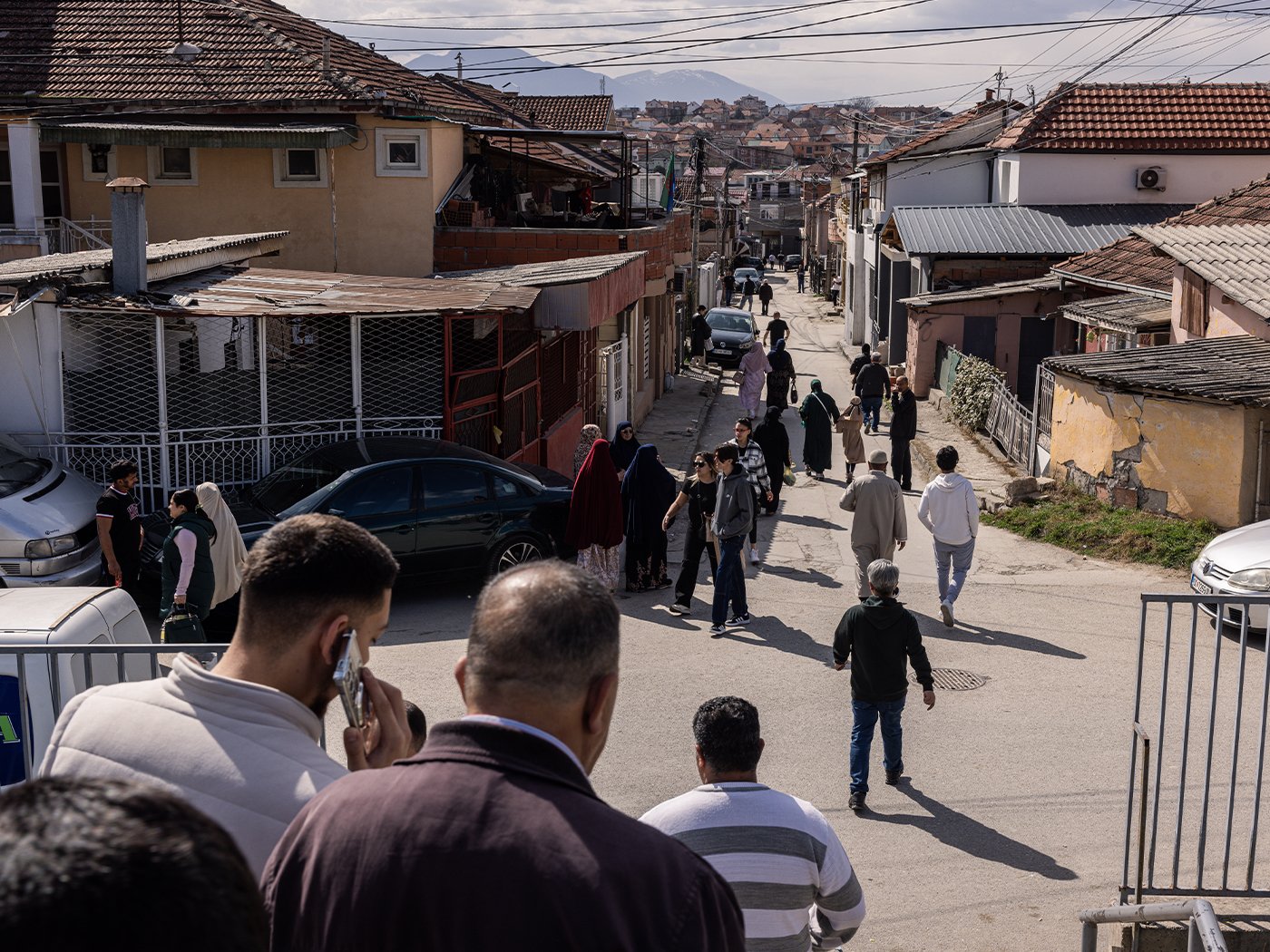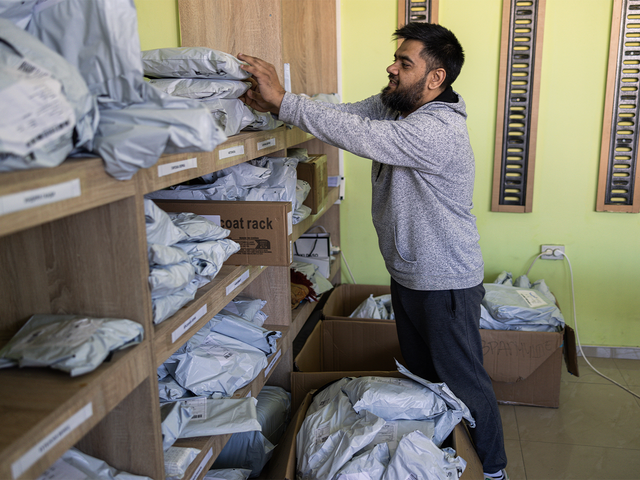Roma families are key to reversing demographic decline. North Macedonia needs real investment in inclusion—not coercive or symbolic measures.
North Macedonia recently backed away from a proposal to tax unmarried people—a measure floated as a response to the country’s declining birth rate. “There is nothing sadder than the fact that our country is slowly emptying out,” Prime Minister Hristijan Mickoski told Parliament. The proposal was withdrawn after widespread public opposition, especially from civil society groups and legal experts who warned it would have been ineffective, discriminatory and likely unconstitutional.
The country’s demographic challenges are real: low birth rates, high emigration and an ageing population are shrinking the workforce and straining public finances. According to the State Statistical Office, the population is projected to decline from 2.07 million in 2021 to 1.57 million by 2101. The working-age population is expected to shrink significantly, while the share of those aged 65 and older will double by mid-century. The National Development Strategy 2024–2044 acknowledges these challenges, calling for growth that is socially balanced and demographically aware, and specifically prioritising Roma inclusion through skills development and labour market access.
But coercive or symbolic responses like a tax on unmarried people offer neither structural solutions nor public legitimacy. Worse, they disproportionately hurt communities already excluded from formal protections. Many Roma couples in North Macedonia, for example, are married in practice but not in law, often due to bureaucratic barriers or a lack of financial resources. A tax tied to formal marital and employment status would have penalised these families—even though many are already raising children.
Roma households tend to have more children than the national average and make up the youngest and fastest-growing demographic in the country. In a region grappling with ageing populations and emigration, this is not a demographic risk. It is a strategic asset
Moreover, such a tax would have ignored the reality of multigenerational households—common among Roma and low-income families—and treated single status as economic non-contribution, even when individuals support others.
Across Europe, similar missteps have been made. Hungary offers tax exemptions to women with four or more children. Italy’s far-right League has promoted bonuses for “native Italians”, and Germany’s AfD has demanded benefits restricted to “ethnic Germans”. In the U.S., some conservative voices have proposed a “marriage tax penalty”. These proposals often do little to raise fertility and instead deepen inequality.
Hungary’s experience is telling. An evaluation by HÉTFA found that while family benefits may help reduce child poverty, they largely benefit higher earners and do not increase long-term fertility. Crucially, these policies fail to reach families working informally or in traditional unions—as is the case for many Roma. They also ignore access to basic services like childcare and housing.
The now-abandoned tax in North Macedonia should be seen not just as a flawed proposal but a warning sign. In times of demographic pressure, symbolic and reactive measures often fill the void left by a lack of inclusive strategies. But demographic renewal will not come from punishment. It will come from investment.
Three steps are essential:
1. Invest in inclusive economic opportunity.
Sustainable population growth depends on jobs, housing and education. If young people can see a future, they are more likely to stay and build families. In North Macedonia, 67% of Roma aged 18 to 24 are not in education, employment or training—a crisis and a lost opportunity.
Training a Roma truck driver costs just €1,030 and pays for itself in under two years, generating €660 in annual tax revenue, as our recent analysis shows. Similar returns are seen in caregiving, hospitality and call centre work. Roma represent one-third of all under-15s and are a rising share of the working-age population. In Serbia, they are projected to make up 29% of all new labour market entrants by 2035. A similar trend is likely for North Macedonia.
If young Roma continue to be excluded, North Macedonia could lose over €100 million in productivity and €21.6 million in tax revenue every year.
2. Support families through services, not penalties.
Access to childcare, parental leave, early education and decent housing enables people to raise children securely. Yet Roma children remain underrepresented in kindergartens, and many Roma families lack access to maternal and child healthcare, particularly in rural areas. These gaps discourage family formation.
France’s comprehensive family support model shows that accessible, flexible benefits and services can support family wellbeing across legal and cultural lines.
3. Integrate traditional unions into legal protections.
Civil registration systems should reflect how people actually live. Mobile registry services, simplified procedures and legal awareness campaigns would help Roma families formalise their unions without stigma or coercion.
North Macedonia was right to withdraw the tax proposal. But now the government must go further—by embracing inclusive, long-term policies rooted in economic justice, not demographic panic. A modern population policy must look like the future it hopes to create. That means recognising the full potential of Roma—not only as a human rights imperative, but as a smart investment in national renewal.

Lolita Hasani Grasmann
Institutional Communication and Cooperation Advisor
The latest

Roma Exclusion Is a Security Blind Spot at Munich, Warns Roma Foundation for Europe

North Macedonia’s Week of Chaos—And the One Crisis the Government Chose to Put on TV

Bulgaria Must Choose Democratic Renewal Over Democratic Pretence
Browse by category
Campaigns
Events
Facts
Press
Voices
For media inquiries:
[email protected]Sign up here so you don’t miss out on campaign updates, upcoming events and other news from the Roma Foundation for Europe and our network.
Sign up for our newsletter